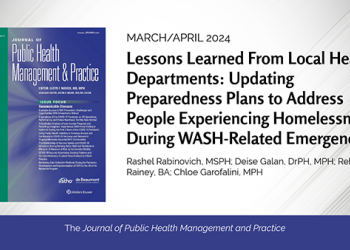The U.S. Food and Drug Administration (FDA) published the second installment of a draft guidance document designed to support compliance with the Intentional Adulteration (IA) Rule under the FDA Food Safety Modernization Act (FSMA).
The FSMA final rule on intentional adulteration is designed to address hazards that may be intentionally introduced to foods, including by acts of terrorism, with the intent to cause wide-spread harm to public health. Food facilities covered by the rule will be required to develop and implement a food defense plan that identifies vulnerabilities and mitigation strategies for those vulnerabilities. These facilities will then be required to ensure that the mitigation strategies are working. The first compliance date for large facilities arrives in July 2019.
This installment adds to and incorporates elements of the previously published guidance with chapters covering topics such as:
- the components of the food defense plan;
- how to conduct vulnerability assessments by
- using the four Key Activity Types method (bulk liquid receiving and loading, liquid storage and handling, secondary ingredient handling, mixing and similar activities),
- evaluating the Three Fundamental Elements (potential public health impact, degree of physical access to the product, ability of an attacker to successfully contaminate the product), or
- using the Hybrid Approach, which is a combination of the Key Activity Types and Three Fundamental Elements methods;
- how to identify and implement mitigation strategies;
- food defense monitoring requirements;
- education, training, and experience.
This installment also includes the addition of food defense plan worksheets in Appendix 1 and a new appendix that includes detailed examples of vulnerability assessments using the Three Fundamental Elements and the Hybrid Approach.
Most of the content from the first installment, published in June 2018, has not been changed in the second installment. We have indicated new content, mostly located in Chapter Two, Chapter Eight, Appendix 1 and Appendix 4, with brackets stating, “[New March 2019] or [Updated March 2019].”
This draft guidance, in its entirety, is intended to be a resource that will help the food industry implement the IA provisions in a flexible and cost-effective manner. During the 120-day comment period for this installment, stakeholders will also be able to provide comments on the first and second installments of the draft guidance. A public meeting on the draft guidance is being planned and additional information will be made available in a forthcoming announcement.
For More Information






